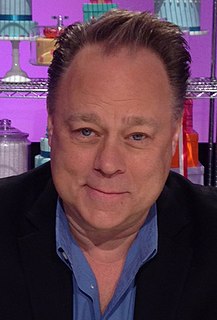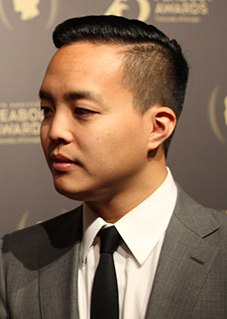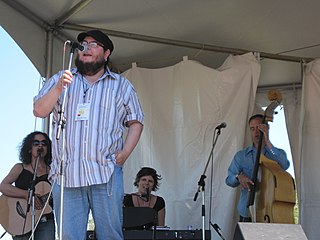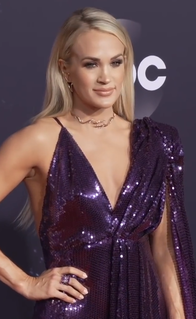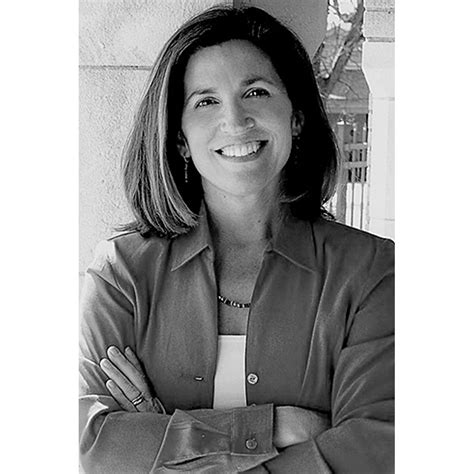A Quote by Alice Hoffman
Fairytales were maps formed of blood and hair and bones; they were the knots of the sub-conscious unwound. Every word in every tale was real and as true as apples and stones. They all led to the story inside the story.
Related Quotes
Every pellet has a story all its own. Every pellet has a story all its own. With its fur and teeth and bones And one or two stones, Every pellet has a story all its own. We shall dissect every pellet with glee. Perhaps we'll find a rodents knee. And never shall we tire In the sacred task that we conspire, No do our work less perfectly And those bright flecks at the core, Which makes our hearts soar, Shall forever remain the deepest mystery. - The owlets in the Pelletorium at St. Aegolius
In this story, the sun moves. In this story, every night meets a dawn and burns away in the bright morning. In this story, Winter can never hold back the Spring... He is the best of all possible audiences, the only Audience to see every scene, the Author who became a Character and heaped every shadow on Himself. The Greeks were right. Live in fear of a grinding end and a dank hereafter. Unless you know a bigger God, or better yet, are related to Him by blood.
Literature is an aspect of story and story is all that exists to make sense of reality. War is a story. Now you begin to see how powerful story is because it informs our worldview and our every action, our every justification is a story. So how can story not be truly transformative? I've seen it happen in real ways, not in sentimental ways or in the jargon of New Age liberal ideology.
A romance novel is more than just a story in which two people fall in love. It's a very specific form of genre fiction. Not every story with a horse and a ranch in it is a Western; not every story with a murder in it is a mystery; and not every book that includes a love story can be classified as a romance novel.
In a long story like 'Weathercraft,' it becomes kind of convoluted. It can become perhaps difficult to remember what led up to whatever point you're at. I worried a little bit about people being able to keep the shape of the story in their heads while they were reading it, and not wonder how they got wherever they were.
A story is a way to say something that can't be said any other way, and it takes every word in the story to say what the meaning is. You tell a story because a statement would be inadequate. When anybody asks what a story is about, the only proper thing is to tell them to read the story. The meaning of fiction is not abstract meaning but experienced meaning.
If you gauge how you're doing on whether somebody is responding vocally or not, you're up a creek. You can't do that; you kind of have to be inside of your work and play the scene. And tell the story every day. Tell the story. Tell the story. Regardless of how people are responding, I'm going to tell the story.
Nothing ever begins. There is no first moment; no single word or place from which this or any story springs. The threads can always be traced back to some earlier tale, and the tales that preceded that; though as the narrator's voice recedes the connections will seem to grow more tenuous, for each age will want the tale told as if it were of its own making.
The worst part was that I had things I wanted to tell my mother, too many to count, but none of them would go down so easy. She'd been through too much, between my siters-I could not add to the weight. So instead, I did my best to balance it out, bit by bit, word by word, story by story, even if none of them were true.






